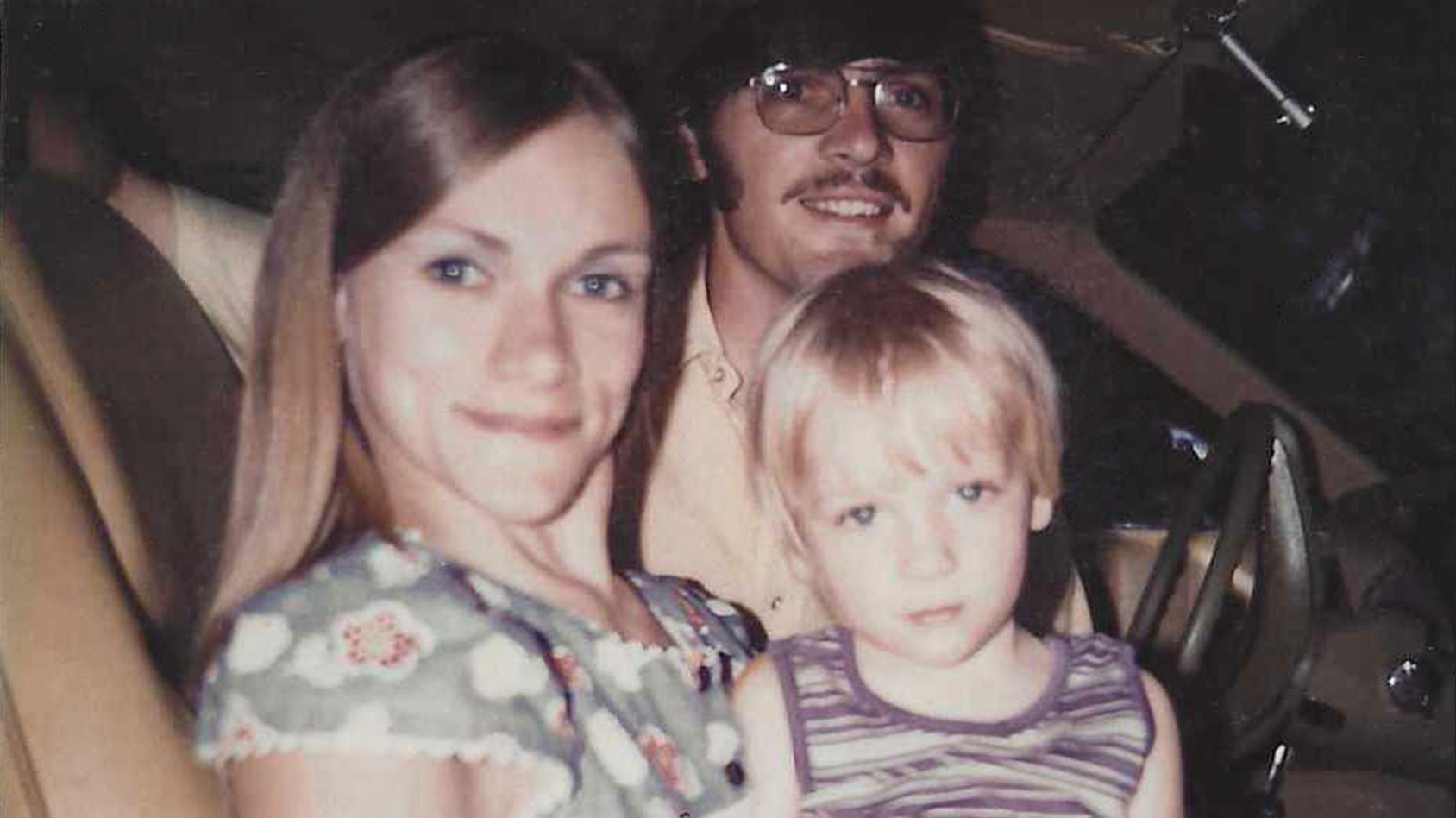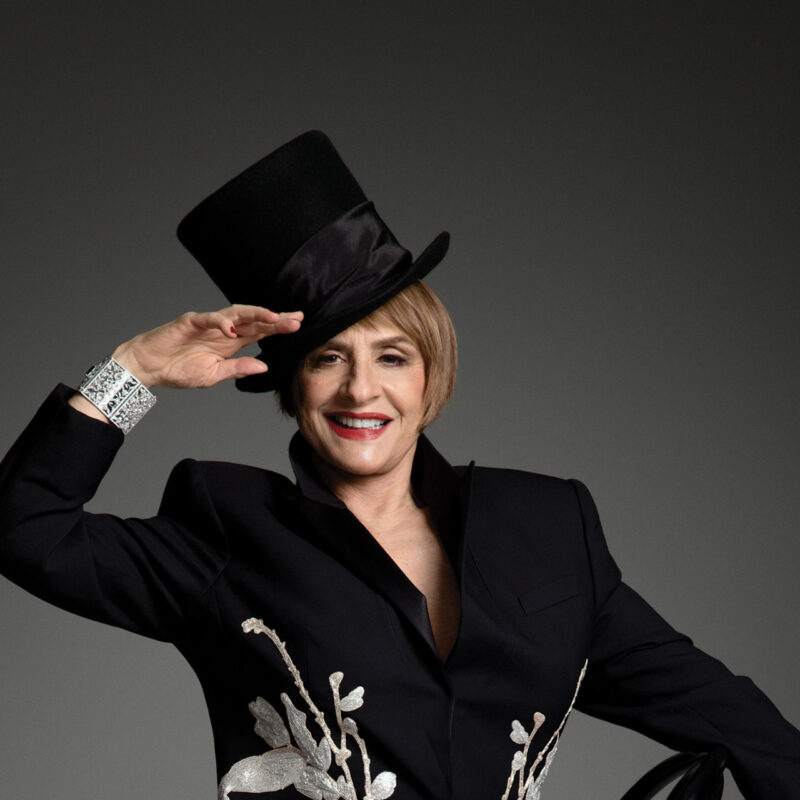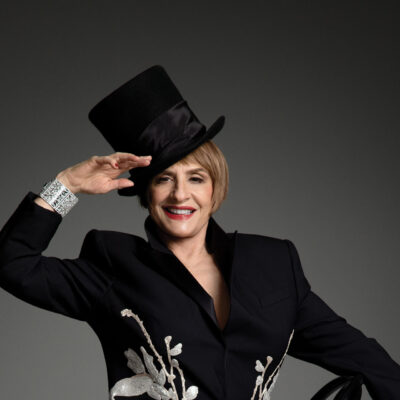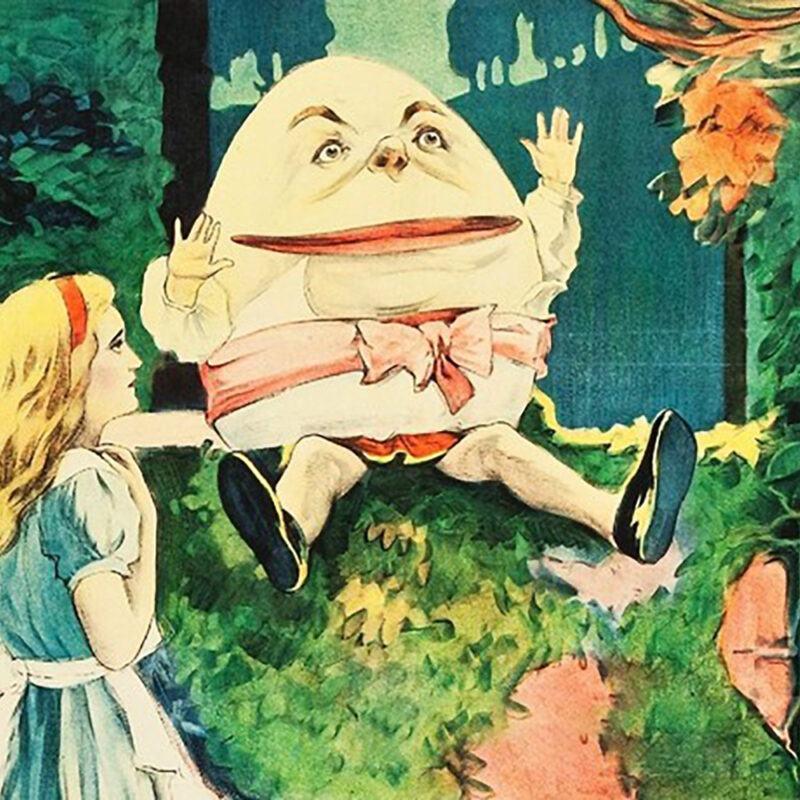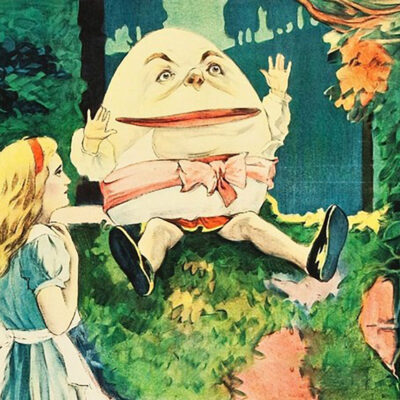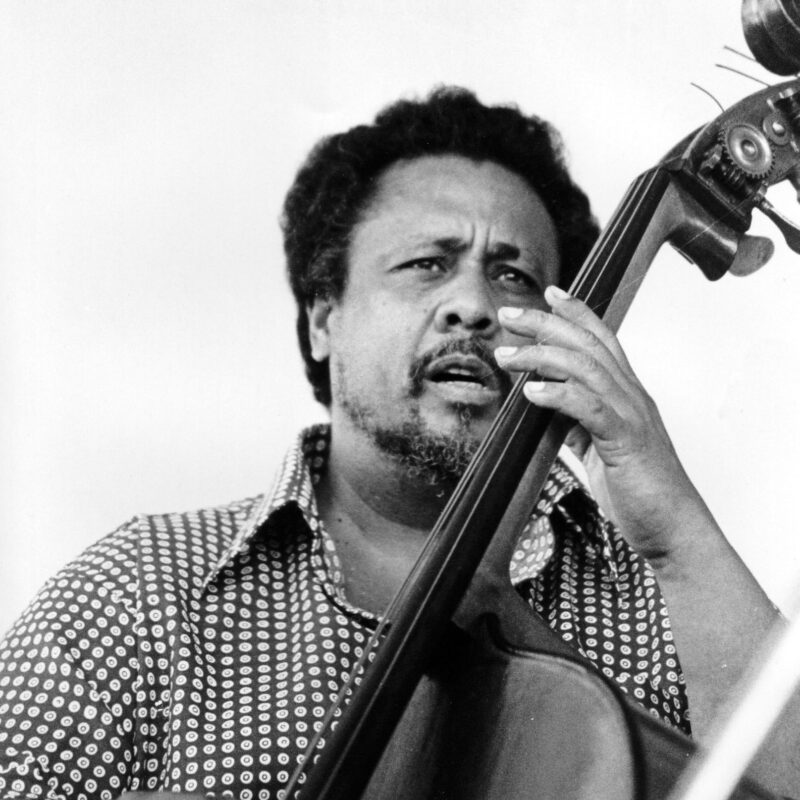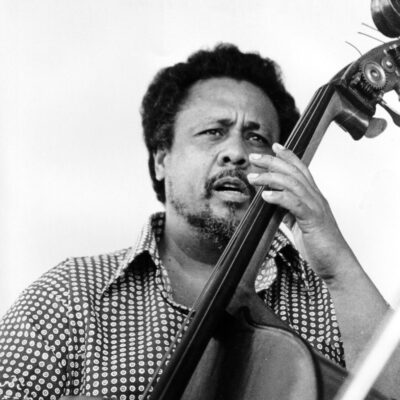Writer/director/producer Dustin Lance Black’s films and television work—including his Academy Award-winning Milk script—are frequently outspoken about LGBTQ+ issues. The Mormon Church also resurfaces throughout his work, as in the hit FX series “Under the Banner of Heaven.” The two topics merge in director Laurent Bouzereau’s new documentary Mama’s Boy, which focuses on Black and his late mother, Anne. And they’re more deeply personal than ever.
Black, 48, half-jokingly calls the film “This Is Your Life and Mostly the Painful Bits.” Working from Black’s memoir Mama’s Boy: A Story from Our Americas, Bouzereau follows him as they retrace his experiences growing up gay among strict Mormons in Texas. There, homosexuality was considered venal, and he was terrified to reveal his true self. Meanwhile, Black’s resilient mother bravely lived with polio. Mama’s Boy explores how his coming out to her revealed her extraordinary gift for compassion.
An Instagram DM from Bouzereau concerning Black’s book led to their collaboration. Black was already aware of Bouzereau from his film-related documentaries, and was “very interested” in working with him. As they became acquainted, Black discovered that “to know Laurent is to love Laurent. … It’s easy to trust him. And I do feel that that trust was well placed.”
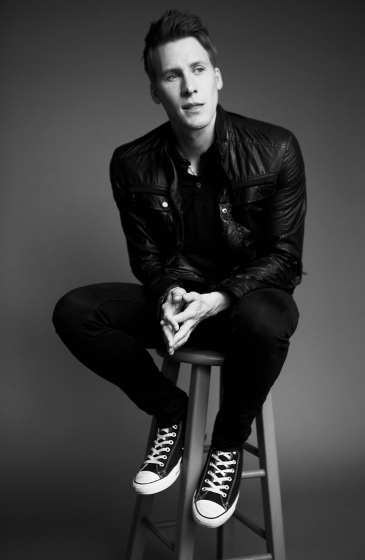
Black wrote his memoir “from the safety of my home now as a grown man,” he points out. But facing his tough childhood memories on camera—particularly where they occurred—was another matter. “I would imagine many a therapist would say it’s incredibly bad therapy,” he says.
Black stresses that he deliberately didn’t write, produce, or direct Mama’s Boy: “I hate it when I watch documentaries and then at the end it says ‘directed by’ or ‘produced by’ the person who was just featured because then you don’t necessarily trust it.”
“This is my mom’s story more than mine,” he says, “and I feel like the lessons that I learned from her are vital now—are even more necessary now than when she shared these lessons with me when she was still around.”
Despite her background, Black’s mother not only accepted her son’s sexual orientation, but his friends’, as well. He was moved, he says, “to see how a conservative military Mormon woman showed the courage back in the ’90s to share space with a bunch of my queer friends … who she had been taught her whole life were immoral and illegal and hellbound. … And [show] the curiosity to listen. And we found common ground.”
Eventually, he recalls, she “challenged me to do the same in the other direction. And it’s not easy. … But what you find is you can build a bridge because you still do, for the most part, have more in common than what the 24-hour news channels and the newspapers would claim.”
Black hopes the film will encourage greater civility and humaneness, especially in the current climate of intense political polarization. “Perhaps we can just learn to live and let live a little bit more,” he says. “That’s the way we’ve kept the country together for nearly a quarter of a millennium. Are we going to make it any further? Not if we keep on like this.”
Looking back, Black says, “Everything I do in my activism is for that next generation so they don’t have to grow up having their adolescence spoiled by homophobia. … Frankly, we’ve already lived our youth. We’ve already survived those years, thank God.
“It’s really not for us, is it? It’s all for that next generation. That’s why we do it.”
